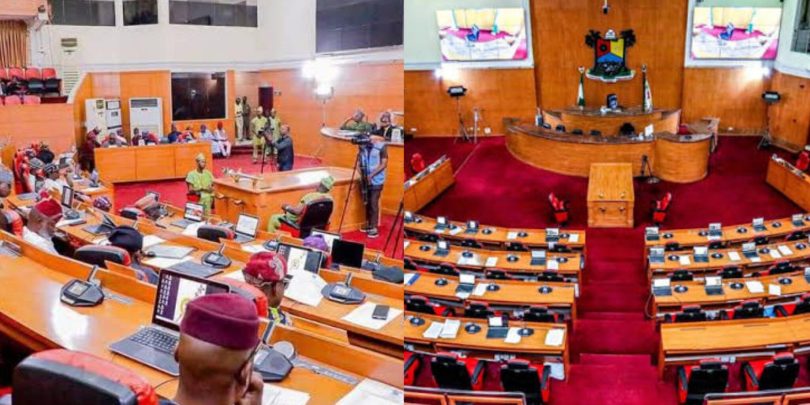The Lagos State House of Assembly has sparked controversy after the 2025 approved budget revealed plans to spend N4.5 billion on forty 50KVA generators.
The budget document, which describes the project as “Purchase and installation of forty 50 KVA Generators,” does not clarify whether each lawmaker will receive a generator or if the equipment is meant for shared use across the Assembly complex.
On average, each generator is valued at N90.7 million, raising questions about the necessity and cost of the project.
Additional lavish expenditures raise eyebrows
This is not the first time the Assembly’s spending has attracted scrutiny. A previous review showed plans to spend N6.2 billion on acquiring forty properties in Lagos and Abuja, though the purpose of these properties remains unclear.
Between January and June 2025, N1 billion was reportedly already disbursed for these acquisitions. Similarly, the Assembly has spent enormous sums on vehicles, with a total of N45 billion allocated over two years for official and backup cars.
An additional N20.6 billion has been budgeted for 2025, which would bring the total three-year expenditure on lawmakers’ vehicles to N65 billion.
The 2025 budget also earmarks N500 million for guest houses and residential quarters, N30.3 billion for new fences, access roads, and landscaping, and N11.041 billion for rehabilitating the Assembly complex.
Allegations of mismanagement and corruption
The Assembly’s financial practices have repeatedly drawn allegations of corruption and mismanagement.
The Lagos State Anti-Corruption Coalition petitioned the Economic and Financial Crimes Commission (EFCC), requesting an investigation into the alleged misuse of N17 billion allocated for constructing a gate at the Assembly.
The petition, filed by the Progressive Youth Movement, also accuses the Speaker of awarding a N469 million contract for the Ikeja Local Government Secretariat to a company allegedly involved in fraudulent activities.
Further claims include the approval of N200 million for a thanksgiving event, which critics argue should not have exceeded N2 million, highlighting concerns over transparency and accountability in the House’s spending.

